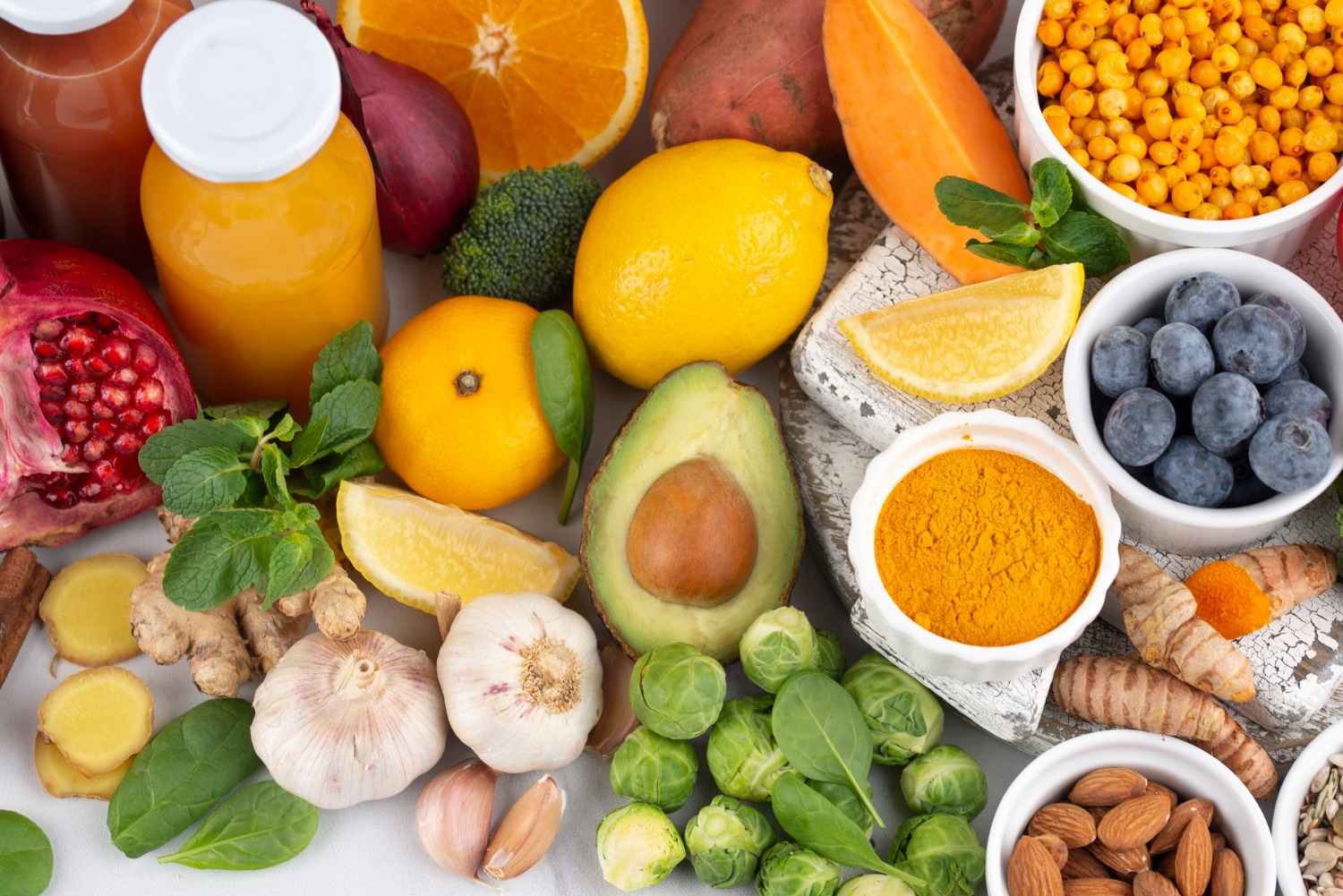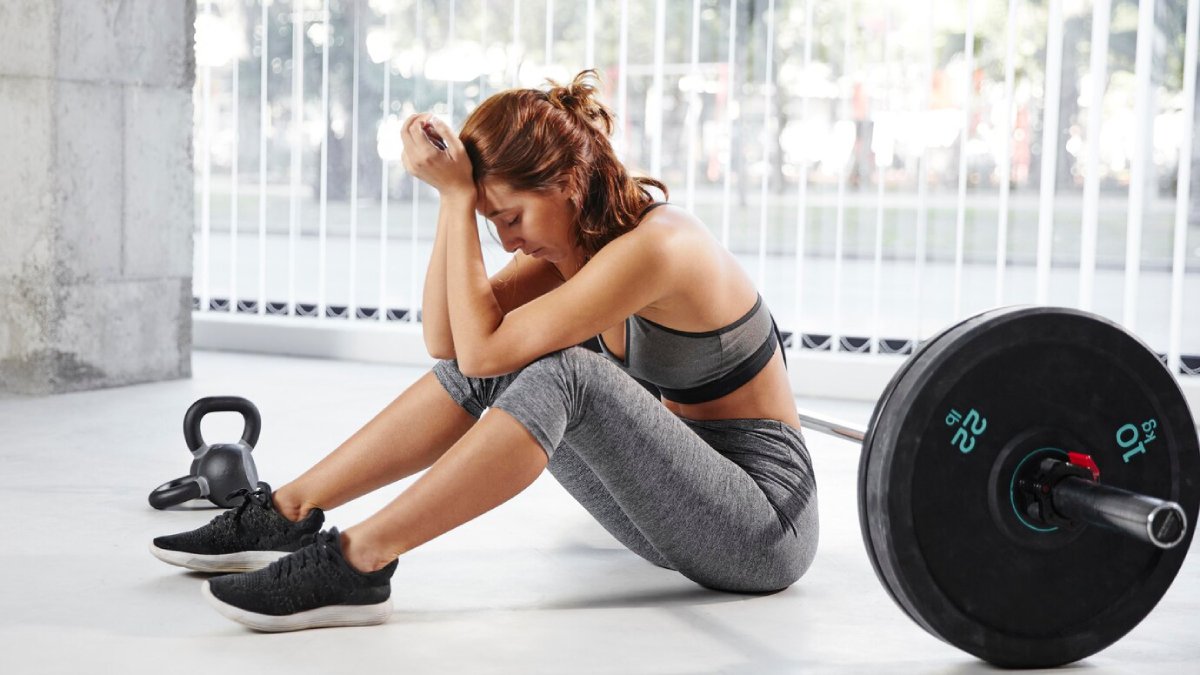
Essential Vitamins & Minerals for Strength Athletes
Nutrition is essential to be at your best in strength athletics. However, macronutrients, including proteins, carbs, and fats, are part of the risk equation; micronutrients — mainly vitamins and minerals — also matter. These nutrients are essential for body function, recovery and energy. In this blog, we will discuss some of the vital vitamins and minerals that athletes should be aware of, including the importance of vitamin D and strength, magnesium and recovery, and iron and energy.
The Importance of Micronutrients in Strength Athletics

Micronutrients are nutrients needed in lower quantities than macronutrients, but they are essential for many functions in the body. These nutrients are involved in muscle function, recovery, and energy metabolism for athletes with strength. Neglecting them can lead to deficiencies, affecting performance and recovery. Appropriately providing the body with these vitamins can help support overall health and performance so athletes can adapt their diets accordingly.
Key Benefits / Why It Matters
Vitamin D for Strength
Vitamin D, the “sunshine vitamin,” is vital for bone health and muscle function. It aids calcium absorption, which helps maintain bone density—a significant concern for strength athletes. Additionally, vitamin D can improve muscle strength and lower injury risks.
Real-life Applications
Research shows that athletes with enough vitamin D generally perform better. A study in the Journal of Science and Medicine in Sport found that vitamin D supplements improved muscle strength in athletes with low levels. This is especially important for those training indoors or in areas with little sunlight, like the UK in winter.
Magnesium for Recovery
Magnesium is crucial for over 300 body reactions, including muscle contraction and relaxation. It’s essential for energy production and protein synthesis, making it key for post-workout recovery. Magnesium can reduce muscle cramps and soreness, helping athletes recover faster.
Data-backed Insights
A study in Nutrients showed that magnesium supplements can improve muscle oxygenation and reduce lactate buildup, speeding up recovery. This means less downtime and a lower risk of overtraining for strength athletes.
Iron for Energy
Iron is vital for haemoglobin, the protein in red blood cells that carries oxygen. Adequate iron levels are crucial for energy and preventing fatigue, especially in athletes who train hard. Low iron can lead to anaemia, causing fatigue, weakness, and reduced performance.
Real-life Applications
Female athletes often face a higher risk of iron deficiency due to menstrual blood loss. A study in the American Journal of Clinical Nutrition found that iron supplements improved endurance in female athletes with low iron levels. For strength athletes, keeping iron levels up is essential for maintaining energy during tough training sessions.
Step-by-Step Guide / Actionable Insights

Step 1: Assess Your Nutrient Intake
Before changing your diet or supplements, assess your current nutrient intake. You can do this through dietary analysis and blood tests to find deficiencies.
Dietary Analysis
- Track Your Meals: Use a food diary or nutrition app to log what you eat. This will help you spot gaps in your diet.
- Consult a Nutritionist: A registered nutritionist can give tailored advice based on your habits and goals.
Blood Tests
- Get Tested: Regular blood tests help monitor vitamin D, magnesium, and iron levels. This is vital for athletes with higher nutrient needs.
Step 2: Incorporate Nutrient-rich Foods
After identifying deficiencies, focus on foods high in essential vitamins and minerals.
Foods Rich in Vitamin D
- Fatty Fish: Salmon, mackerel, and sardines are excellent sources.
- Fortified Foods: Some dairy products, orange juice, and cereals have added vitamin D.
- Sunlight Exposure: Try to get 10-30 minutes of sunlight several times a week, depending on your skin type and weather.
Foods Rich in Magnesium
- Leafy Greens: Spinach and Swiss chard are high in magnesium.
- Nuts and Seeds: Almonds, cashews, and pumpkin seeds are excellent sources.
- Whole Grains: Brown rice, quinoa, and whole wheat bread provide magnesium.
Foods Rich in Iron
- Red Meat: Beef and lamb are high in heme iron, which the body absorbs well.
- Legumes: Lentils, chickpeas, and beans are good non-heme iron sources.
- Vitamin C-rich Foods: Eating vitamin C-rich foods like oranges and strawberries with iron-rich foods can boost iron absorption.
Step 3: Consider Supplementation
Sometimes, diet changes alone may not meet your nutrient needs. Supplements can help athletes with higher demands or specific deficiencies.
Vitamin D Supplements
- Dosage: Talk to a healthcare professional to find the proper dosage based on your blood test results.
- Forms: Vitamin D3 is usually recommended for better absorption.
Magnesium Supplements
- Forms: Magnesium citrate and glycinate are well-absorbed forms.
- Timing: Taking magnesium before bed may improve sleep quality and recovery.
Iron Supplements
- Dosage: Only take iron supplements if you have a confirmed deficiency and under a doctor’s guidance.
- Side Effects: Be mindful of potential side effects like stomach discomfort.
Optimising Strength Performance with Essential Nutrients

To wrap up, vitamins and minerals are essential for performance and recovery in strength athletes. Optimising vitamin D for strength, magnesium for recovery and iron for energy can enhance your nutrition and fuel to help uplevel your athletic performance.
This is why a diet, supplements, and testing are always the best route to achieve your power goals. You may want to seek guidance from health professionals for a nutrition plan that is suitable for you.
Ready to elevate your strength training? Start by assessing your nutrient intake and making informed choices to enhance your performance.


